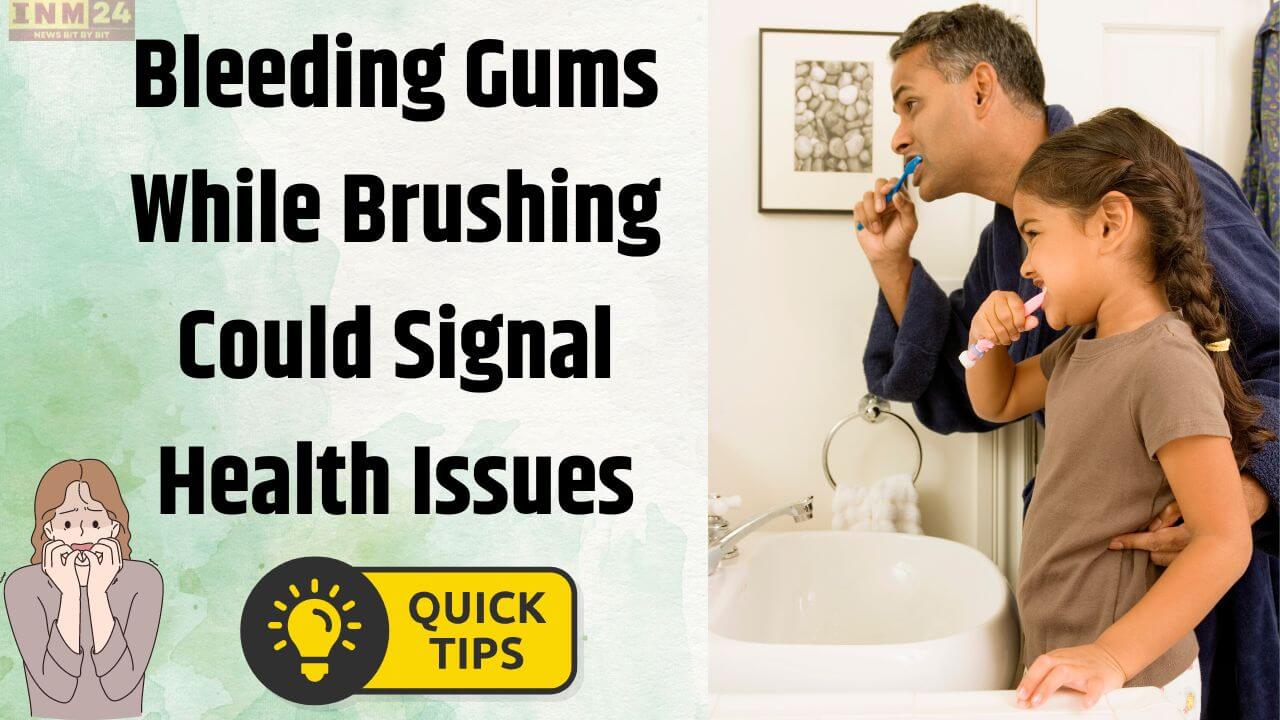Maintaining oral hygiene is crucial for overall health, and regular brushing and mouthwash play a pivotal role. While these practices safeguard our teeth from infections, bleeding gums during brushing should not be ignored, as it might indicate an underlying health issue.
Potential Causes of Bleeding Gums
If you experience pain in your teeth or gums while brushing or notice bleeding between your teeth, it’s advisable not to dismiss it lightly. Persistent bleeding for a week should prompt immediate contact with your dentist, as it could be an early sign of periodontal (gum) disease.
Periodontal disease, also known as gum disease, is characterized by infection and inflammation of the gums and the surrounding bone structure. The American Dental Association explains that sometimes, bleeding occurs during flossing due to swollen gums caused by bacterial buildup, marking an initial symptom of periodontal disease.
Understanding Periodontal Disease
Periodontal disease involves the accumulation of bacteria and plaque around the teeth, leading to inflammation and the formation of pockets around the teeth. Hormonal changes, common during puberty, pregnancy, or menstruation, can make gums more sensitive and prone to bleeding. This hormonal shift contributes to an increased sensitivity of gums to bacteria and plaque.
Research indicates that women often encounter this issue due to hormonal fluctuations. Symptoms are commonly observed during youth, pregnancy, menstruation, or even in individuals using steroids, undergoing cancer therapy, or taking oral contraceptives.
Minimizing the Risk at Home
To mitigate the risk of periodontal disease, individuals are advised to brush their teeth at least twice a day, maintain a balanced diet, undergo regular dental check-ups, refrain from smoking, and avoid excessive gum chewing.
Taking action at the first sign of bleeding gums is crucial. It’s recommended to consult your dentist promptly if bleeding persists, as they can provide guidance on appropriate oral care routines or suggest further treatment if needed.
Prioritize Oral Health
Bleeding gums should not be taken lightly, as they may indicate potential oral health issues. Proactive measures, including regular dental check-ups and a consistent oral hygiene routine, are essential for preventing and addressing these concerns. Prioritizing oral health contributes not only to a healthy mouth but also to overall well-being.*
